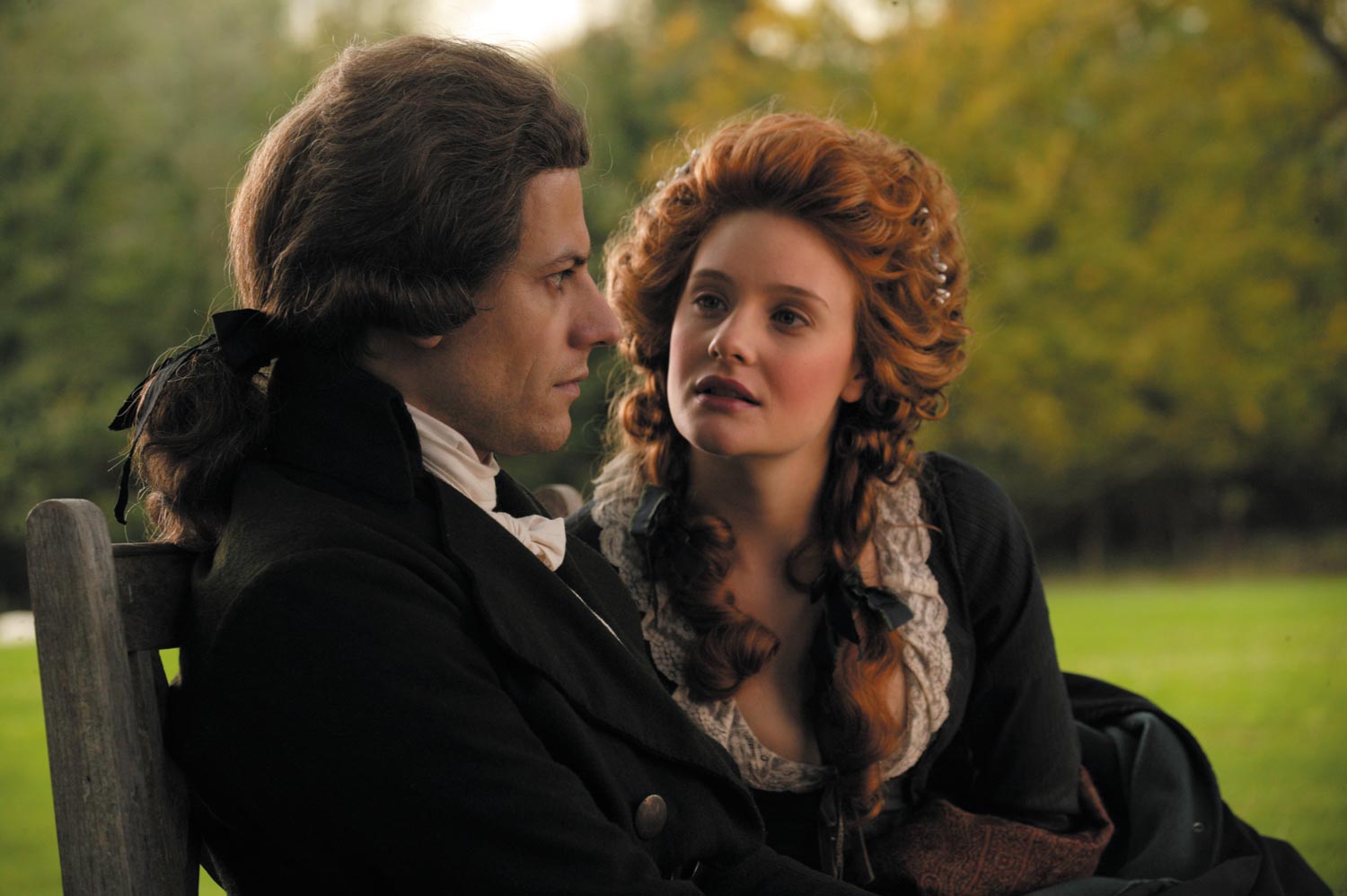On March 25, 1807, parliament in London passed a law formally abolishing the slave trade in the British Empire. The United States followed suit by banning the importation of slaves from January 1, 1808.
It took many more years to end slavery altogether. Freedom for existing slaves did not come in the British territories until 1838, followed by the French territories in 1848, the US in 1865, and Brazil in 1888. But it was in March 1807 that the first legal move was made to end the “African holocaust” that shipped up to 20 million people in horrendous conditions across the Atlantic.
The bicentenary is being marked internationally in many different ways.
FILMS
Two major films focus on the charismatic English MP and abolitionist William Wilberforce. A television documentary, The Better Hour (TWC Films), debuts in the spring, while Amazing Grace, a movie from Bristol Bay Productions, producers of the Oscar-winning Ray, is released in the US and the UK in February/March.
Amazing Grace stars Ioan Gruffudd as Wilberforce, and Albert Finney as John Newton. The Grammy-winning Senegalese performer Youssou N’Dour, in his film debut, plays Olaudah Equiano, whose book The Interesting Narrative of the Life of Olaudah Equiano or, Gustavus Vassa, The African was one of the major texts of the abolitionist movement (see James Ferguson’s article elsewhere in this issue).
(It doesn’t sound as if the producers have heard of Dr Eric Williams, the historian and first prime minister of Trinidad and Tobago. His pioneering book Capitalism and Slavery argued that market forces rather than saintly English abolitionists were the prime reason for abolition — slavery was becoming uneconomic.)
CULTURAL TOURISM
UNESCO (The United Nations Educational, Scientific and Cultural Organisation) has been working for the last decade on a mammoth undertaking called the Slave Route Project. This aims to identify, restore and promote sites historically linked to the slave trade, and to promote “Cultural Tourism of Memory”.
In the Caribbean, these sites include the plantations of Christiansted and Fredriksted in St Croix, and World Cultural Heritage sites in St Kitts and Nevis, the Dominican Republic, Haiti, Cuba, and Suriname.
The UNESCO project includes a Drama and Exhibition segment called Turning the Tables: London and the Slavery Legacy, mounted in collaboration with several international partners, including the Barbados Museum and the Historical Society of Bridgetown. It will tour the United Kingdom, South Africa, and Barbados, with possible stops in the Bahamas, Jamaica and Ghana next year.
CONFERENCES
Ghana is hosting a major international conference, as is the University of Hull in the UK (The Unfinished Business of Slavery, May 2007). The British government is funding several projects, including an Understanding Slavery educational initiative in schools across the country.
The Association of Caribbean Historians held a conference at the University of the West Indies in Trinidad last year, and another conference is scheduled at the University’s Barbados campus for May under the title Trajectories of Freedom: Caribbean Societies Past and Present.
MUSEUMS
London’s British Museum has programmed an entire season of activities, called Trade and Changing Identities: commemorating 500 years of Atlantic history and culture.
Liverpool, whose economy was built by the slave trade, will open its monumental International Slavery Museum in August, in collaboration with UNESCO.
The British Empire & Commonwealth Museum in Bristol (another city built on slaving profits) is staging an exhibition called Breaking the Chains: Britain and the abolition of the slave trade.
EVENTS
The Commission for Racial Equality is sponsoring a performance of William Wilberforce’s famous abolitionist speech to parliament, along with other selected texts, in central London in March.
An organisation called the Lifeline Expedition is staging an ambitious March of the Abolitionists, in two stages. The march goes from Hull to Westminster between March 1 and 25, the official day of the bicentenary; the Sankofa Reconciliation Walk runs from June 3 to July 10. The organisers aim to raise awareness of both past and present forms of slavery, and to raise funds for present-day anti-slavery and anti-exploitation initiatives.
English Heritage has committed to researching connections between the transatlantic slave trade and properties in its care. At one grand estate — Harewood House near Leeds, built on profits from West Indian slave plantations — Trinidadian Geraldine Connor will re-mount her epic production Carnival Messiah later this year.
THE CARIBBEAN
Perhaps it is not surprising that bicentennial activity in the Caribbean itself is muted. The UN’s International Year Commemorating the Struggle Against Slavery and its Abolition in 2004, centred on the bicentenary of the first free black republic in the new world, Haiti, is still recent. Most of the Anglophone nations already have annual Emancipation Day celebrations. And perhaps the region feels that abolition is essentially something for the former colonial powers to rediscover.




















